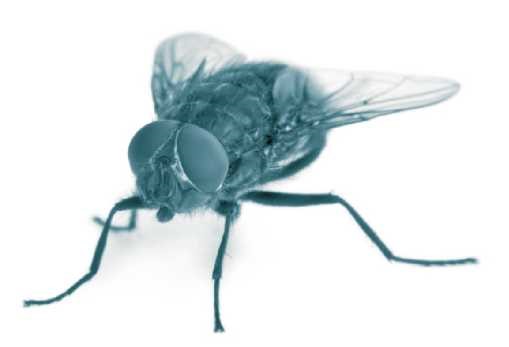 |
||||

Dynamics of the development of fipronil resistance in larvae and adults of Musca domestica underlaboratory conditionsDOI 10.33861/2071-8020-2021-6-34-36 Levchenko M.A., Silivanova E.A., Shumilova P.A., Sennikova N.A. Summary. Development of resistance to fipronil in insects and in other arthropods is observed on many continents of the globe. Among insects with different levels of resistance to this insecticide, there are populations of pests such as bed bugs, cockroaches and ixodes mites. There are different reasons caused the development of insecticidal resistance in insects. For example, incorrect dilution of the insecticide formulations before treatment against pests or the use of agents without studying the level of resistance at the facility, can lead to the survival of part of the insect population, and as a result, resistance develops, including at the gene level. The explore of the fipronil resistance development in insects, including in Musca domestica, will provide the necessary information for the choose appropriate tactics for house fly control. It is important to evaluate the dynamics and the possible transmission of resistance between the larval and adult developmental stages when insecticide is exposed only to adults or only to larvae. In the presented study, to get the resistant strains of M. domestica solutions of fipronil were applied on adult only or on larvae only during 16 generations at concentrations that provide 40-60%, and in some cases up to 90% of insect mortality. Every 5-6 generations, a change in susceptibility to this insecticide was assessed based on the resistance ratio. According to the results of experiments, a change in susceptibility to fipronil occurred in the 16th generation of the imago strain (when only adults were exposed to fipronil), in particular the susceptibility to fipronil decreased by 9.64 times in adults and increased by 20 times in larvae. As for the same generation of the larvae strain (when only larvae were exposed to fipronil), the susceptibility to fipronil decreased by 3.88 times in adults and increased by 166 times in larvae. Keywords: fipronil, insecticide, Musca domestica, breeding, larvae, adults, half- lethal dose, resistance formation, transmission, laboratory conditions. References:
Author affiliation: Silivanova Elena A., leading scientific researcher of the Laboratory of veterinary problems in animal husbandry of the All-Russian Scientific Research Institute of Veterinary Entomology and Arachnology - branch of the Federal Research Centre Tyumen Scientific Centre of Siberian Branch of the Russian Academy of Sciences; 2, Institutskaya st., Tyumen, 625041; e-mail: 11eas@vniivea.ru, sylivanovaea@mail.ru. Shumilova Polina A., junior scientific researcher of the Laboratory of veterinary problems in animal husbandry of the All-Russian Scientific Research Institute of Veterinary Entomology and Arachnology - branch of the Federal Research Centre Tyumen Scientific Centre of Siberian Branch of the Russian Academy of Sciences; 2, Institutskaya st., Tyumen, 625041; e-mail: researcher, e-mail: sirota.polina@gmail.com. Sennikova Natalya A., ksandrovna, laboratory assistant of the Laboratory of veterinary problems in animal husbandry of the All-Russian Scientific Research Institute of Veterinary Entomology and Arachnology - branch of the Federal Research Centre Tyumen Scientific Centre of Siberian Branch of the Russian Academy of Sciences; 2, Institutskaya st., Tyumen, 625041; e-mail: natalya-sennikova@bk.ru. Responsible for correspondence with the editorial board: Levchenko Mikhail A., Ph.D. in Veterinary Medicine, Head of the Laboratory of veterinary problems in animal husbandry of the All-Russian Scientific Research Institute of Veterinary Entomology and Arachnology - branch of the Federal Research Centre Tyumen Scientific Centre of Siberian Branch of the Russian Academy of Sciences; 2, Institutskaya st., Tyumen, 625041; phone: 8-3452-258558; e-mail: levchenko-m-a@mail.ru.
|
| 2011 © Veterinaria Kubani | by Internet-Image | |
|---|---|---|
